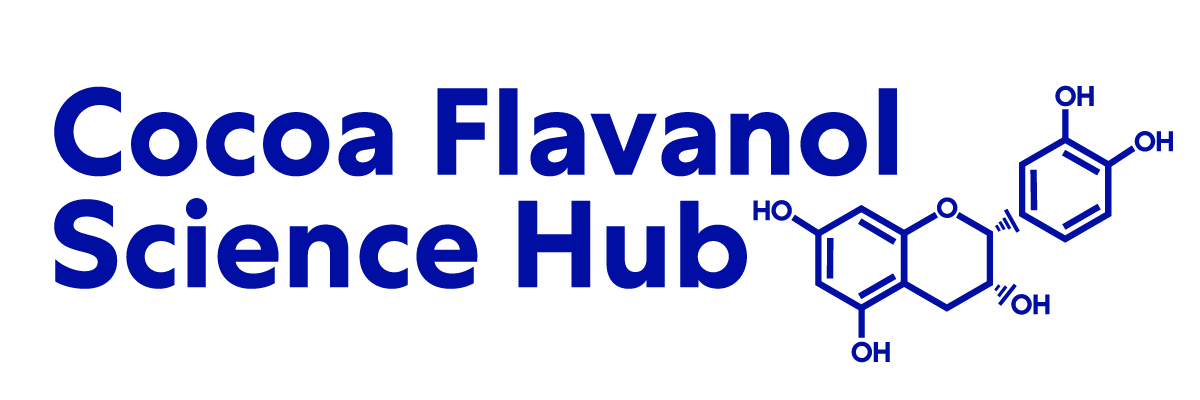Cocoa flavanols and platelet and leukocyte function: recent in vitro and ex vivo studies in healthy adults.
There is growing interest in possible beneficial effects of specific dietary components on cardiovascular health. Platelets and leukocytes contribute to arterial thrombosis and to inflammatory processes. Previous studies performed in vitro have demonstrated inhibition of platelet function by (-)-epicatechin and (+)-catechin, flavan-3-ols (flavanols) that are present in several foods including some cocoas. Also, some modest inhibition of platelet function has been observed ex vivo after the consumption of flavanol-containing cocoa products by healthy adults. So far there are no reports of effects of cocoa flavanols on leukocytes. This paper summarizes 2 recent investigations. The first was a study of the effects of cocoa flavanols on platelet and leukocyte function in vitro. The second was a study of the effects of consumption of a flavanol-rich cocoa beverage by healthy adults on plateletand leukocyte function ex vivo. Measurements were made of platelet aggregation, platelet-monocyte conjugate formation (P/M), platelet-neutrophil conjugate formation (P/N), platelet activation (CD62P on monocytes and neutrophils), and leukocyte activation (CD11b on monocytes and neutrophils) in response to collagen and/or arachidonic acid. In the in vitro study several cocoa flavanols and their metabolites were shown to inhibit platelet aggregation, P/M, P/N, and platelet activation. Their effects were similar to those of aspirin and the effects of a cocoa flavanol and aspirin did not seem to be additive. There was also inhibition of monocyte and neutrophil activation by flavanols, but this was not replicated by aspirin. 4'-O-methyl-epicatechin, 1 of the known metabolites of the cocoa flavanol (-)-epicatechin, was consistently effective as an inhibitor of platelet and leukocyte activation. The consumption of a flavanol-rich cocoa beverage also resulted in significant inhibition of plateletaggregation, P/M and P/N, and platelet activation induced by collagen. The inhibitory effects were related to their flavanol content. There was also inhibition of monocyte and neutrophil activation, but here it was concluded that cocoa constituents other than flavanols may contribute to the inhibition that was observed. It can be concluded that cocoa flavanols, their metabolites and possibly othercocoa constituents can modulate the activity of platelets and leukocytes in vitro and ex vivo. The research suggests that the consumption of certain cocoa products may provide a dietary approach to maintaining or improving cardiovascular health.
See the Full Study > (opens in a new tab)









